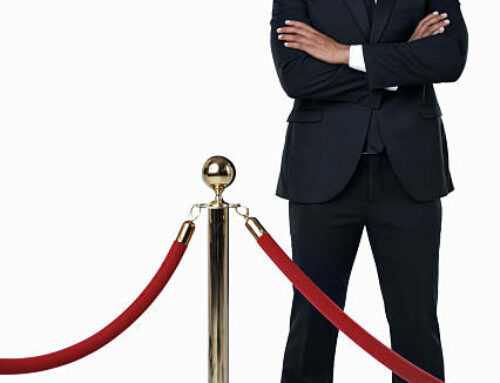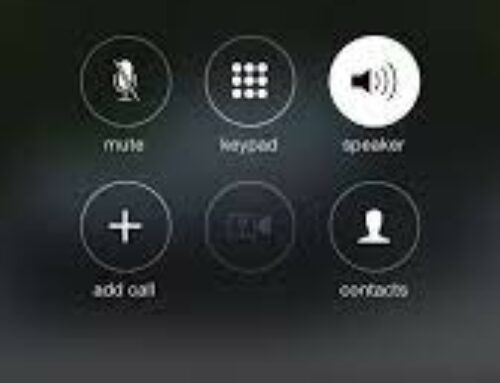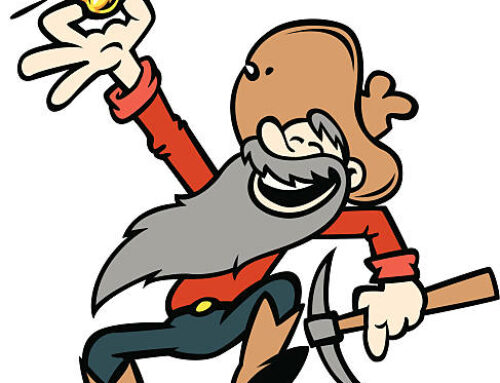My second day in sales my manager gave me my first script, which was called the coffee talk. We practiced the coffee talk, over and over until I felt confident with it.
I still remember it today “Hello prospect let’s get together for a cup for coffee we can learn about you and you can learn about us. If there is a good fit great, we can talk about possible steps and if there isn’t, we can shake hands and be friends. How does that sound? Would sometime in the morning or afternoon be better”
As I began to get ready for my first call blitz of the day, I was still pretty nervous, so I put the coffee talk in front of me as I was making calls. I was also thinking about what I would do if I actually got a meeting because I had never had a cup of coffee in my life.
In one of my first calls of the day there was no gatekeeper and I got right through to the first prospect I ever talked to in my life, his name was Peter Dinerman and he worked for Morgan Stanley, I panicked, looked at down my script and the first words out of my mouth were “hello prospect”.
He started to laugh and asked me a few questions to make me feel more comfortable. I told him I was new and he said you work for a great company come on down tomorrow morning I am interested in learning more about the Dale Carnegie sales course.
What’s, interesting about my script, the coffee talk, is that I have never had a cup of coffee in my life and have asked over 150,000 prospects to get together for a cup of coffee. I much prefer soda pop. Particularly Dr. Pepper. My first script the coffee talk has never let me down. I have been using it for 35 years.
We have been very fortunate to work with a number of successful sales organizations and, it is surprising to me that so many salespeople are resistant to using a script. They say things like
- I don’t want to sound robotic.
- I don’t want to sound salesy.
- I don’t talk like that.
What they fail to understand is, they are already scripted! They say the same things over and over again, just like they wear the same clothes 80% of the time and eat the same food 80% of the time. Everyone has habits, that are formed over time through repetition the question is are they effective?
So why use a script? Singers use lyrics. Sports teams run plays. Dancers do routines and actors use scripts. They just practice them so many times it becomes who are they are. If you don’t like the idea of a script, think of it as pre-memorized language. Think of it as a bridge to competence. Here are some of the benefits of scripts.
They:
- Are typically based on best practices of top performers.
- Give you a good starting point to work from.
- Give you something to practice.
- Can serve as a blueprint to refine and make your own.
- Build your confidence
- Help you sound more natural when well-practiced.
Remember anytime you see some of the most highly compensated people in our society like, singers, dancers, actors and athletes perform they are working off of lyrics, routines, lines and plays. They have practiced them so many times they look natural.






